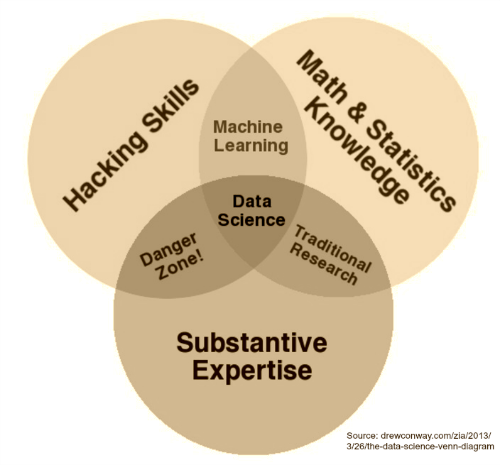For many people, learning about what others do for a living makes for an interesting conversation — and hearing someone with a passion for their career can be truly inspiring. Our May 4 Data Insights & Analytics webinar audience had the opportunity to learn about the data scientist role, ask questions and be inspired by an engaging conversation with Chief Data Scientist Narasimha Edala from Data-Bloom.
Over the course of the one-hour webinar, Narasimha spoke with knowledge and passion about the data scientist (DS) role, his past and current experience doing the work and what skills and training are beneficial. Narasimha covered the reporting structure for the DS role and its typical partners and advocates within an organization. And he explained the unique (and much needed) perspectives a DS brings to the organization, saying “Business people often ask the what and how questions. Data scientists ask why.”
Business people often ask what and how questions. Data scientists ask why. (Chief Data Scientist Narasimha Edala)Click To TweetOur webinar audience was quite engaged in this topic — based on the number of questions our moderator Kelle O’Neal received during the call, which included several related to training and education:
- Would you consider an Operations Research Analyst (and similar roles where “Data Scientist” isn’t in the title) a DS role? (At 21:04 on the replay)
- In the DS world, how much of the data that is typically gathered already structured — vs. it being cleaned, data sets labeled, etc.? (23:05)
- Is it compulsory to have IT-based knowledge or skills to be a DS? (36:58)
- Is it possible to graduate into a DS role, or do you first need an apprenticeship in other disciplines? (37:48)
- Is it required to take the Hadoop developer learning path to work toward becoming a DS? (39:31)
Narasimha shared Dr. Drew Conway’s visual example, the Data Science Venn Diagram, calling it a “very beautiful presentation of what a DS really needs.” But Narasimha, whose education includes a Master’s in Human Factors Engineering and a data mining focus, said there is always more to learn as a data scientist. “The field is very wide and deep,” he said — but these are some of the basic, beneficial skills Narasimha referenced:
- Statistical, heuristic and programming skills
- An understanding of Big Data management
- Communication and visualization skills
- Leadership skills
- Being a Lean Startup champion
As for training, Narasimha mentioned graduate programs, online material and classes, hackathons and networking at national and local meetups. And while there are tools like Pandas and Apache Spark, “There is no surrogate for hands-on data science,” he said. Narasimha added: “If you don’t practice, you forget. Start with an enterprise data science use case” (i.e., a real-world business problem).
There’s much more to discover about our interview with Narasimha, and the recording of his conversation with Kelle is the next best thing if you weren’t able to make the call.
We welcome you to join our June 1 webinar, Data-Centric Development with First San Francisco Partners Chief Innovation Officer Malcolm Chisholm.


